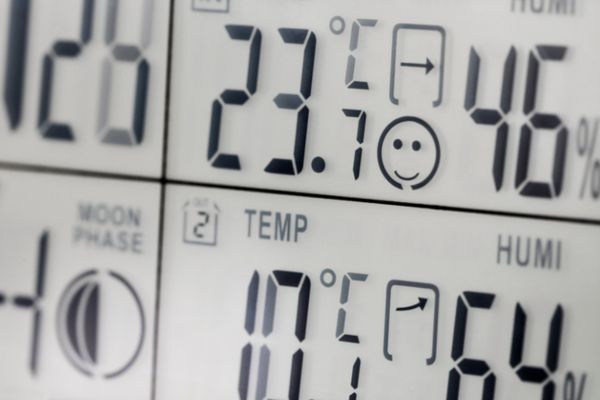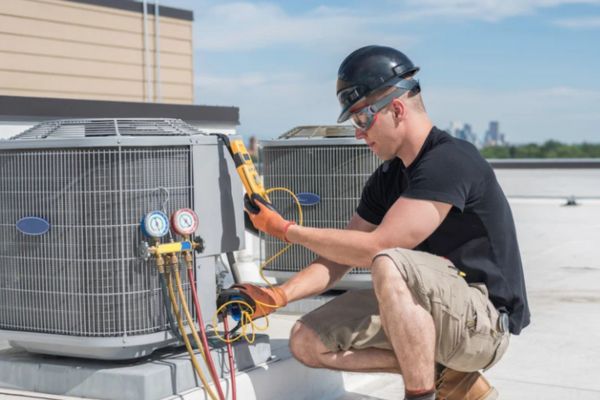When it comes to home comfort, humidity is just as important as temperature. Moisture levels in the air can make the same temperature feel either warmer or cooler, depending on whether the air is too dry or damp. This often-overlooked factor is key to your comfort and how efficiently your HVAC system operates.
Humidity directly affects how your body perceives temperature. When the air is humid, it slows down the evaporation of sweat, making you feel hotter. In winter, low humidity makes the air feel colder, even if the thermostat shows a comfortable temperature. Maintaining balanced humidity is essential for staying comfortable without overworking your HVAC system.

Finding the Ideal Humidity for Your Home
The ideal indoor humidity level is between 40% and 50%. Anything below 30% can lead to dry air and discomfort, while above 50% can feel muggy and cause other issues. A hydrometer can help you measure your home’s humidity accurately and keep your HVAC system working efficiently by maintaining this balance.
Air Conditioners: More Than Just Cool Air
Your air conditioner does more than cool the air; it removes excess moisture, acting as a dehumidifier. By lowering humidity, your AC makes the air feel cooler without drastically lowering the temperature. However, too much moisture can lead to problems like mold, musty odors, and higher energy bills as your unit works harder to reach the desired temperature.
Winter Heating and Dry Air: A Common Problem
Dry air becomes a common issue during the winter due to heating systems, especially furnaces, which can lower indoor humidity levels. This dry air can cause discomfort, such as static electricity, dry skin, and even nosebleeds. Because dry air feels cooler, many people turn up the heat, leading to higher energy costs. A whole-house humidifier can restore moisture to the air and make your heating system more effective.
Humidity Solutions for Better Comfort
Many people opt for stand-alone humidifiers to solve humidity problems, but whole-house systems are a more efficient solution. These humidifiers can be integrated into your HVAC system, ensuring consistent humidity throughout your home. Newer models even allow smart control via phone apps, making it easier to maintain the right balance.
Beyond HVAC: Other Factors Affecting Humidity
While your HVAC system plays a significant role in controlling humidity, other factors like insulation, ventilation, and air leaks can also affect moisture levels. An energy audit can help identify areas where your home may lose efficiency. Improving these areas can further optimize your home’s humidity and HVAC performance, ensuring comfort and reducing energy bills.
Conclusion
Balancing humidity in your home is key to both comfort and energy efficiency. Proper humidity levels help your HVAC system perform better and reduce your energy costs while keeping your home comfortable year-round. Aim to maintain the right moisture levels—neither dry nor damp—for optimal results.


